There is this long-held perception that expensive skincare is more effective than its affordable competitors. And this simply isn’t true. A hefty price tag doesn’t always equate to results, whatever it is you might be chasing: hydration, oil regulation, softening fine lines.
What separates a product or brand from sitting on the lower side of the dollar spectrum, versus the higher, might just be marketing (how well they can talk themselves up) and packaging (how eye-catching their aesthetic is). Cut out all the noise and the sole driver in your decision to purchase should actually be the product efficacy.
Get to know the formulas.
To say skincare product labels can be confusing would be an understatement. But what’s important to know is that ingredients are listed in order of highest concentration to lowest. (The more you know, the more you know!) What this means is, if there’s a really great ingredient listed at the bottom, your skin isn’t going to get as much benefit from it.
So, try looking for the ingredient you want/need based on your skin type and concerns (say, ceramides! Glycerin! Peptides! Sodium Hyaluronate!) and make sure it’s closer to the start of the ingredients list rather than the end. The higher the concentration, the more potent the dose, the greater the results for you and your skin!
It’s worth noting this decision-making method works in reverse(ish) too. If you know there’s an ingredient that doesn’t mesh particularly well with your skin and it’s taking up prime real estate on the product ingredients list, think again. Dismiss the hype, don’t jump on the bandwagon just ‘cos, this is when you seek advice on a more suitable alternative for you.
Look for proof.
When a skincare brand chooses to carry out a clinical trial, it’s because they want to prove the product(s) actually work. Performed in a clinical environment over the course of eight weeks, clinical technicians monitor and measure the changes in each participant's complexion. If you’re wavering between the face mask trending on TikTok and the one proven to produce tangible results after a successful clinical trial…please, please pick the latter.
The distinction between clinical testing and consumer study is important too. Often the latter can be quite skewed as it relies on volunteers agreeing or disagreeing with a series of statements about the sensory appeal - do you like the way it felt, do you think your skin improved after use. The resulting claims aren’t lies but they aren’t scientific truths either. Unlike clinical testing there is no measurement (of elasticity, pigmentation etc) involved.
Clinicals are especially important to seek out when new/unique/trending ingredients are splayed across the product and packaging as a key selling point. A $300 moisturiser with supposed anti-ageing powers feat added Wrinkleflickatox™ and Moisturemagic® particles might not be doing exactly what it says if they don’t have proven clinical tests to back up such claims. On the other hand, a $100 competitor might have a stronger concentration of actives and the clinical trials to prove it, you just have to do your research before adding to cart.
Before your next splurge on a pot of velvety face cream, first figure out exactly what it is you’re paying for. Less truly can be more.


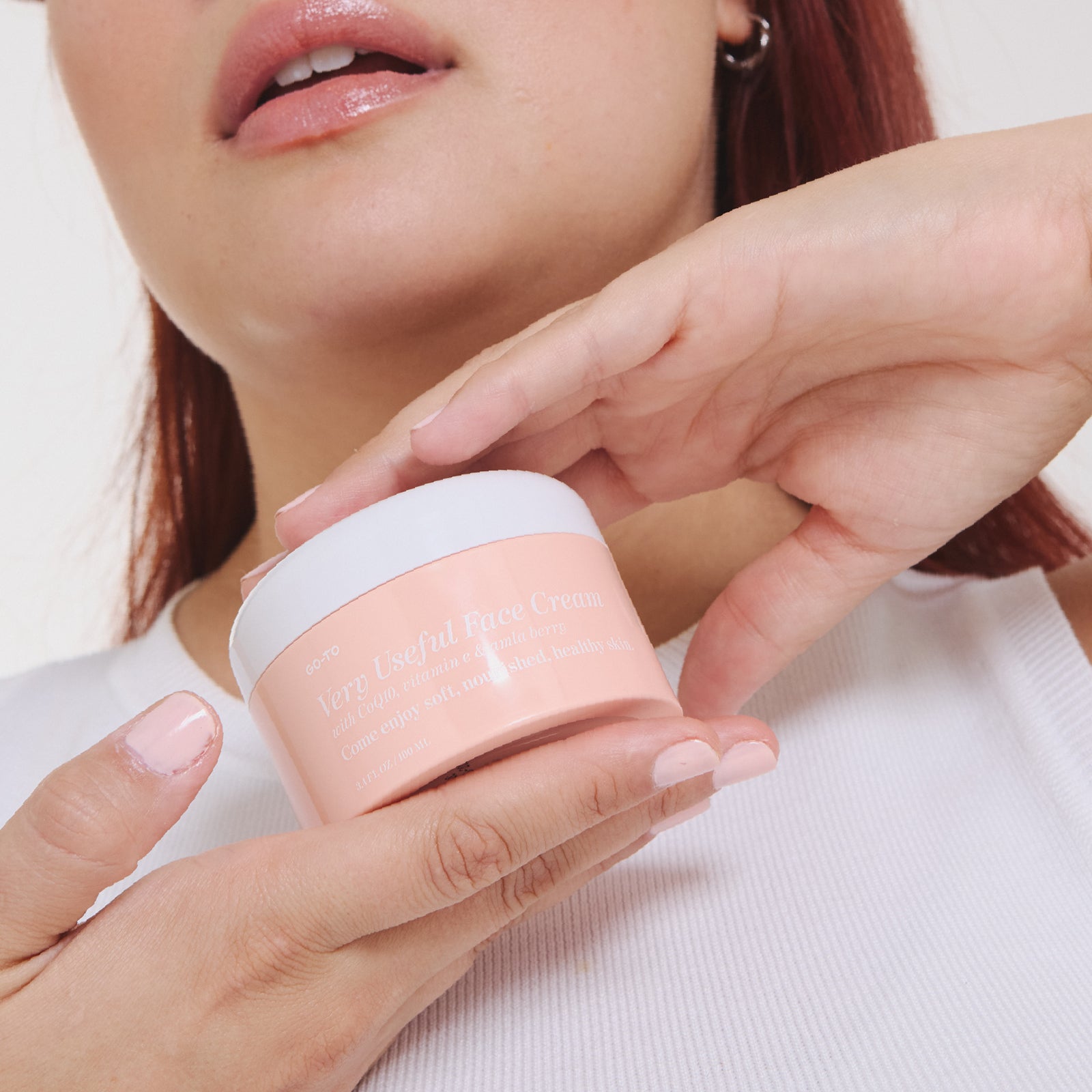

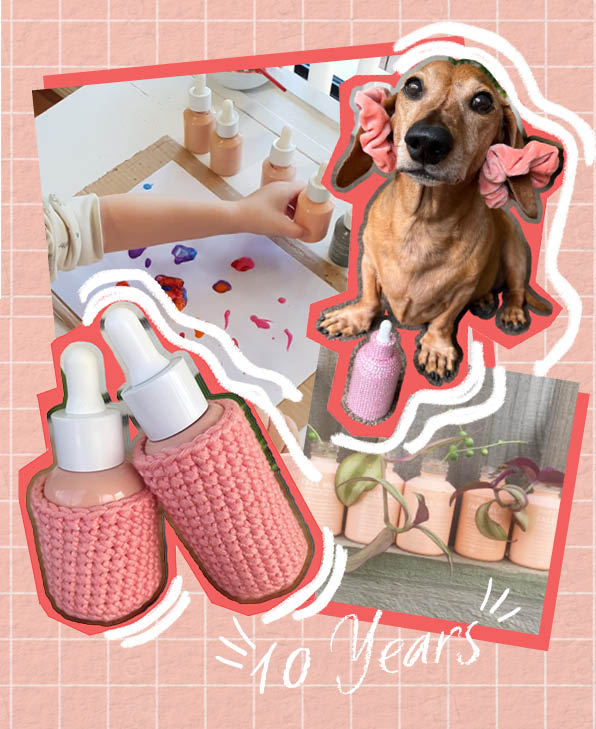

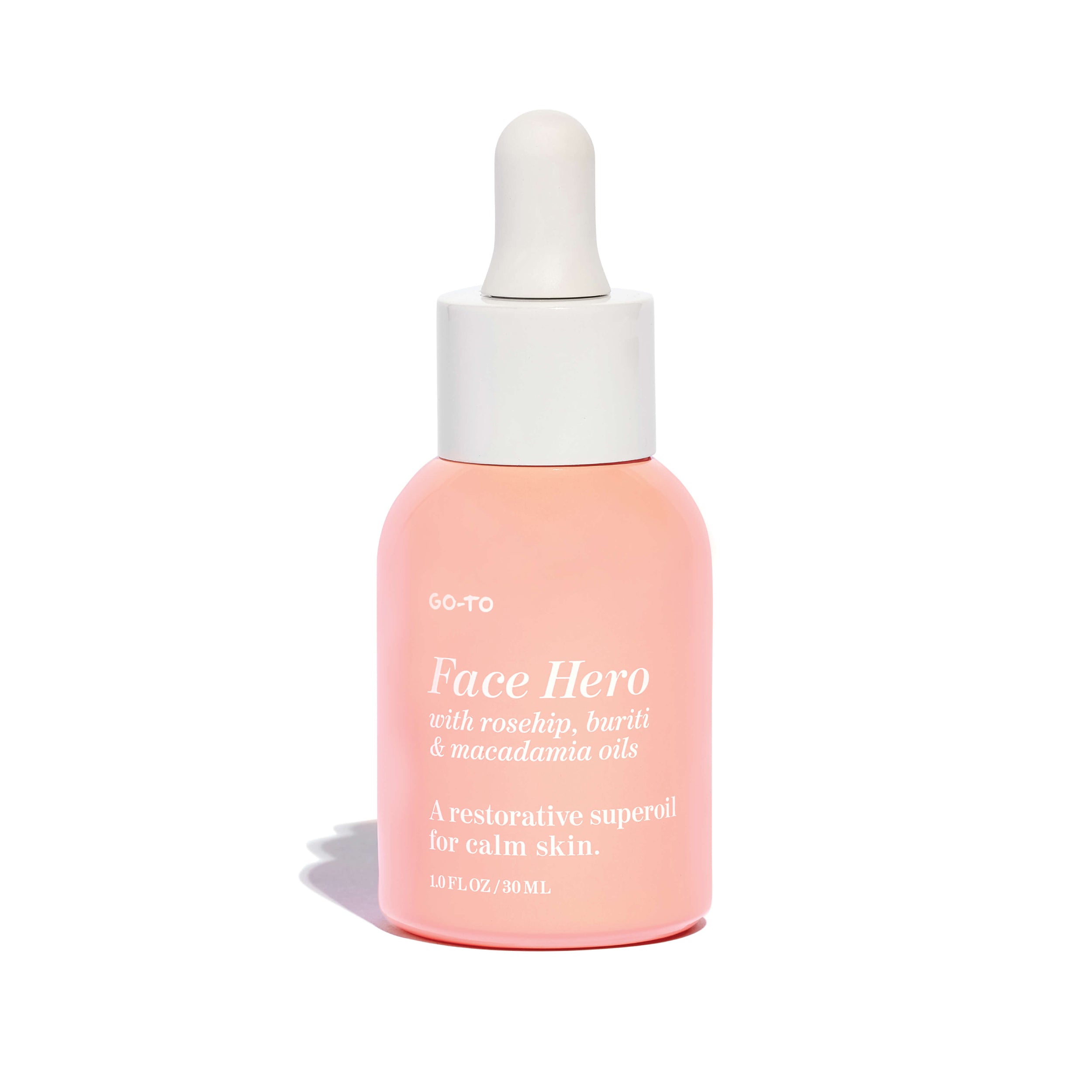
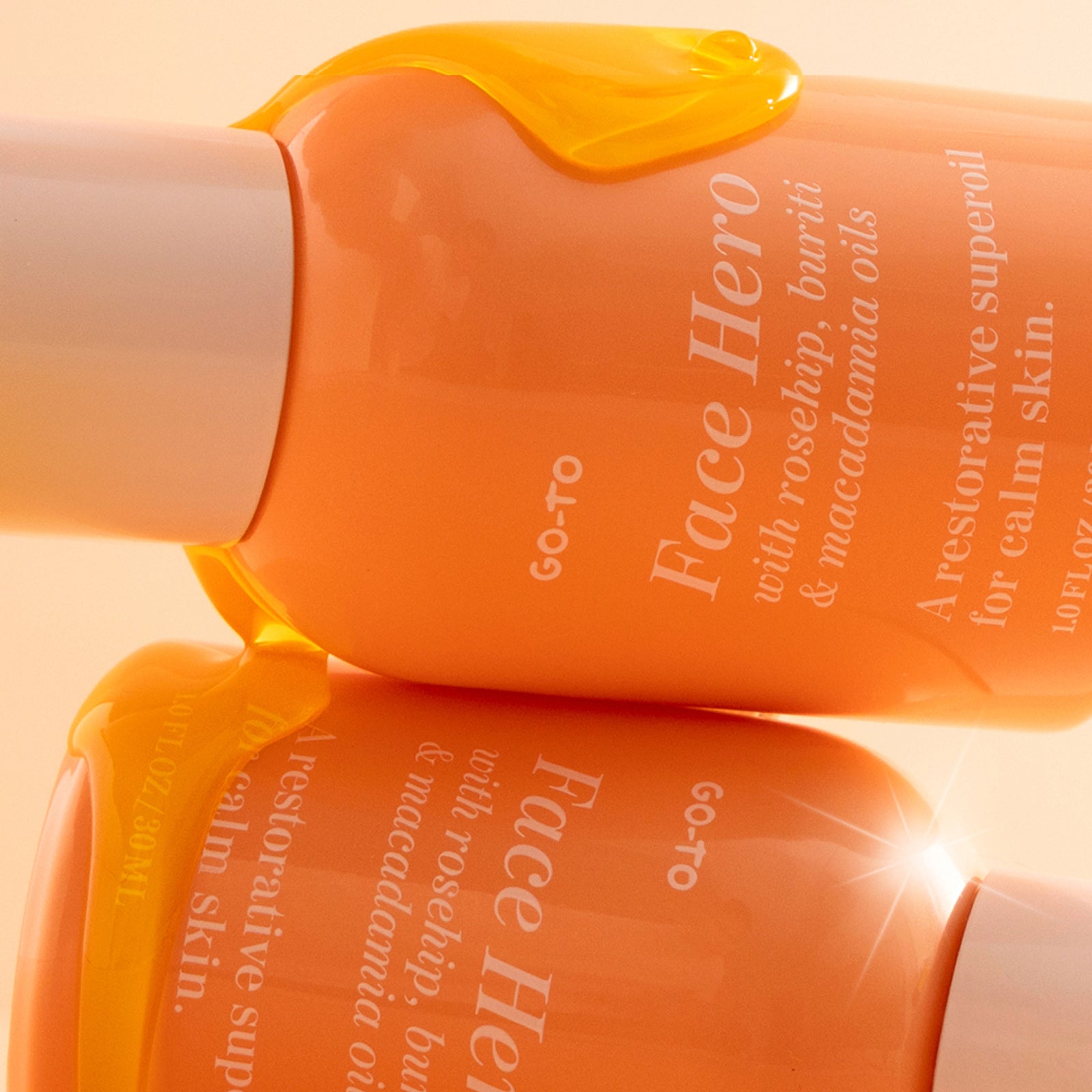
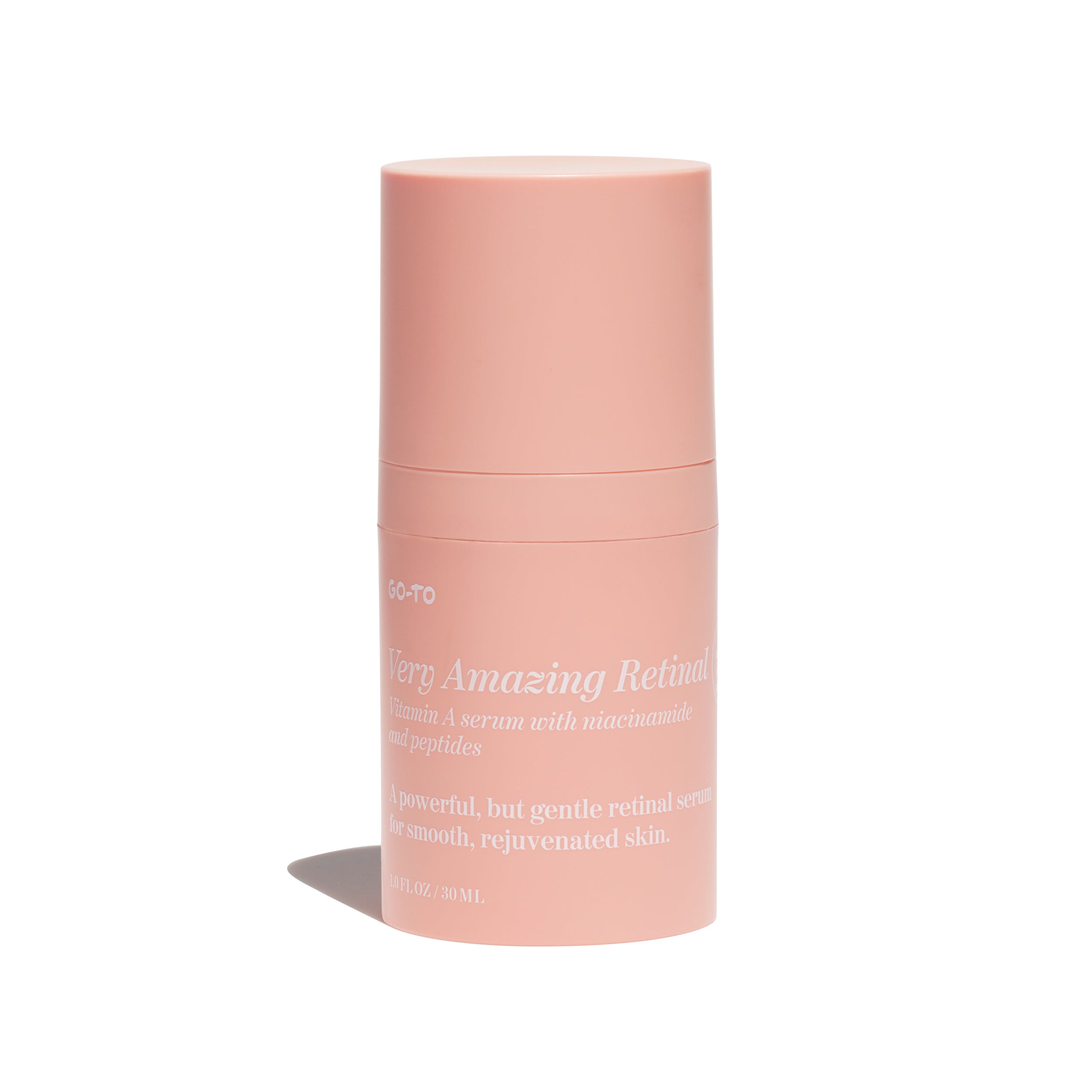

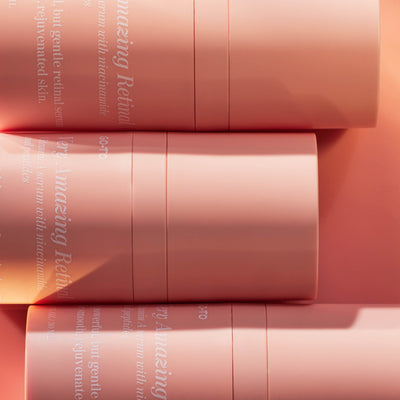
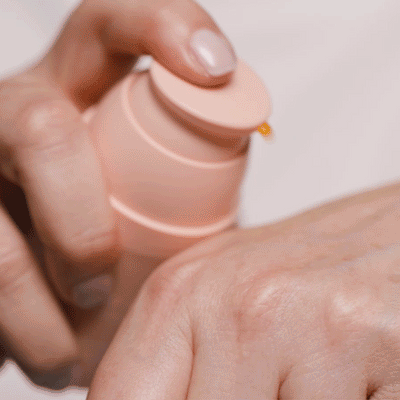
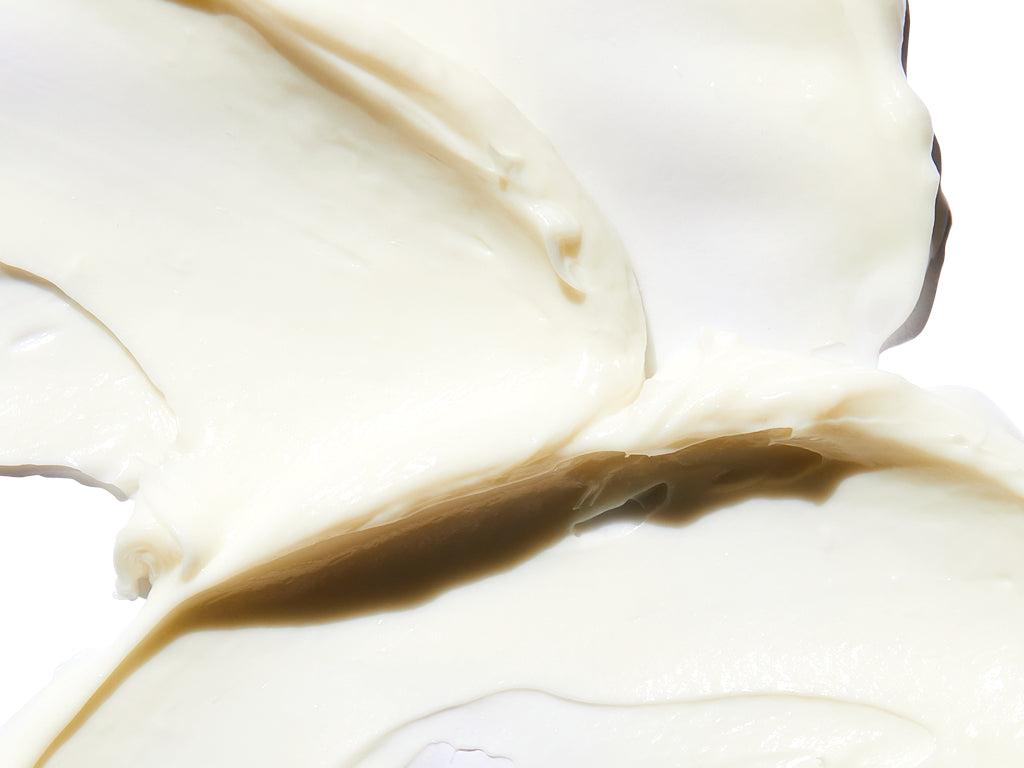

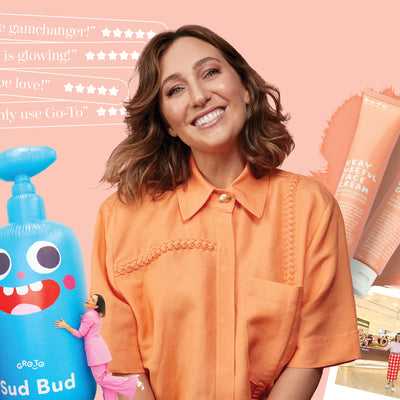
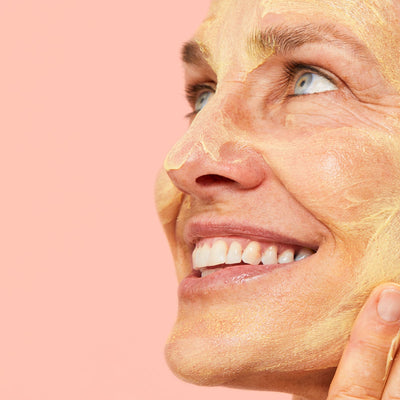
Comments